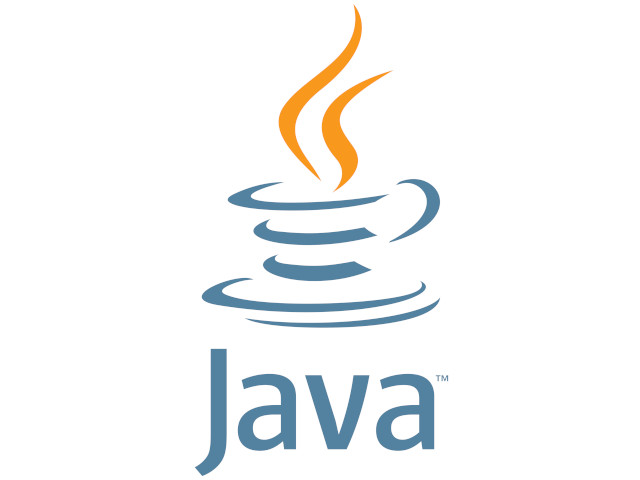Oracle announces Java 18
By Staff Writer 23 March 2022 | Categories: news
News sponsored by the Samsung Galaxy S22 series:
Oracle has announced the availability of Java 18, the latest version of this popular programming language and development platform. According to Oracle, Java 18 (Oracle JDK 18) delivers thousands of performance, stability, and security improvements, including nine enhancements to the platform.
The latest Java Development Kit (JDK) provides updates and improvements with nine JDK Enhancement Proposals (JEPs). These include the capability to add Code Snippets in Java API Documentation (JEP 413), which simplifies the addition of sample source code in API documentation, and Simple Web Server (JEP 408) for prototyping and testing. Developers can explore two incubating modules: the Vector API (JEP 417) and the Foreign Function and Memory API (JEP 419), as well as a preview feature: Pattern Matching for Switch (JEP 420).
Accelerating Java’s Adoption in the Cloud
Oracle recently introduced Java Management Service (JMS), a new Oracle Cloud Infrastructure (OCI) native service to help manage Java runtimes and applications on-premises or on any cloud. JMS delivers the information needed to manage Java deployments across the enterprise. Java Management Service is included for OCI workloads and for Java SE Subscribers.
Java 18 is the latest release under Java’s six-month release cadence and is the result of extensive collaboration between Oracle engineers and other members of the worldwide Java developer community via the OpenJDK Project and the Java Community Process (JCP). This provides a steady stream of innovations while also delivering continued performance, stability and security improvements that will increase Java’s pervasiveness across organizations and industries of all sizes, according to Oracle. The largest changes delivered in Java 18 are:
Updates and Improvements to Libraries
- JEP 400: UTF-8 by Default - Sets UTF-8 as the default charset of the standard Java APIs. With this change, APIs that depend on the default charset will behave consistently across all implementations, operating systems, locales, and configurations.
- JEP 408: Simple Web Server – A command-line tool and API to start a minimal web server that serves static files only. This tool will be useful for prototyping, ad-hoc coding, and testing purposes, particularly in educational contexts.
- JEP 416: Reimplement Core Reflection with Method Handles - Reimplements java.lang.reflect.Method, Constructor, and Field on top of java.lang.invoke method handles. By making method handles the underlying mechanism for reflection, it reduces the maintenance and development cost of both the java.lang.reflect and java.lang.invoke APIs.
- JEP 418: Internet-Address Resolution SPI - Defines a service-provider interface (SPI) for host name and address resolution, so that java.net.InetAddress can make use of resolvers other than the platform's built-in resolver.
Tools
- JEP 413: JEP Code Snippets in Java API Documentation - Introduces the @snippet tag for JavaDoc's Standard Doclet to simplify the inclusion of example source code in API documentation.
Preview and Incubators for Later JDK Releases
- JEP 417: Vector API (Third Incubator) – Provides an API for developers to reliably leverage CPU architectures that provide scalable vector extensions. This will lead to superior performance compared to equivalent computations on non-extended processors.
- JEP 419: Foreign Function and Memory API (Second Incubator) - Enables Java programs to interoperate with code and data outside of the Java runtime. By efficiently invoking foreign functions (i.e., code outside the JVM), and by safely accessing foreign memory (i.e., memory not managed by the JVM), the API enables Java programs to call native libraries and process native data without the brittleness and pitfalls of JNI.
- JEP 420: Pattern Matching for Switch (Second Preview) - Enhances the Java programming language with pattern matching for switch expressions and statements, along with extensions to the language of patterns. Extending pattern matching to switch allows an expression to be tested against a number of patterns, each with a specific action, so that complex data-oriented queries can be expressed concisely and safely.
Future Proofing Java Programs
- JEP 421: Deprecate Finalization for Removal - Finalisation remains enabled by default for now, but can be disabled to facilitate testing. In a future release, it will be disabled by default, and in a later release, it will be removed. Maintainers of libraries and applications that rely upon finalisation should consider migrating to other resource management techniques such as the try-with-resources statement and cleaners.
Most Read Articles

Have Your Say
What new tech or developments are you most anticipating this year?




